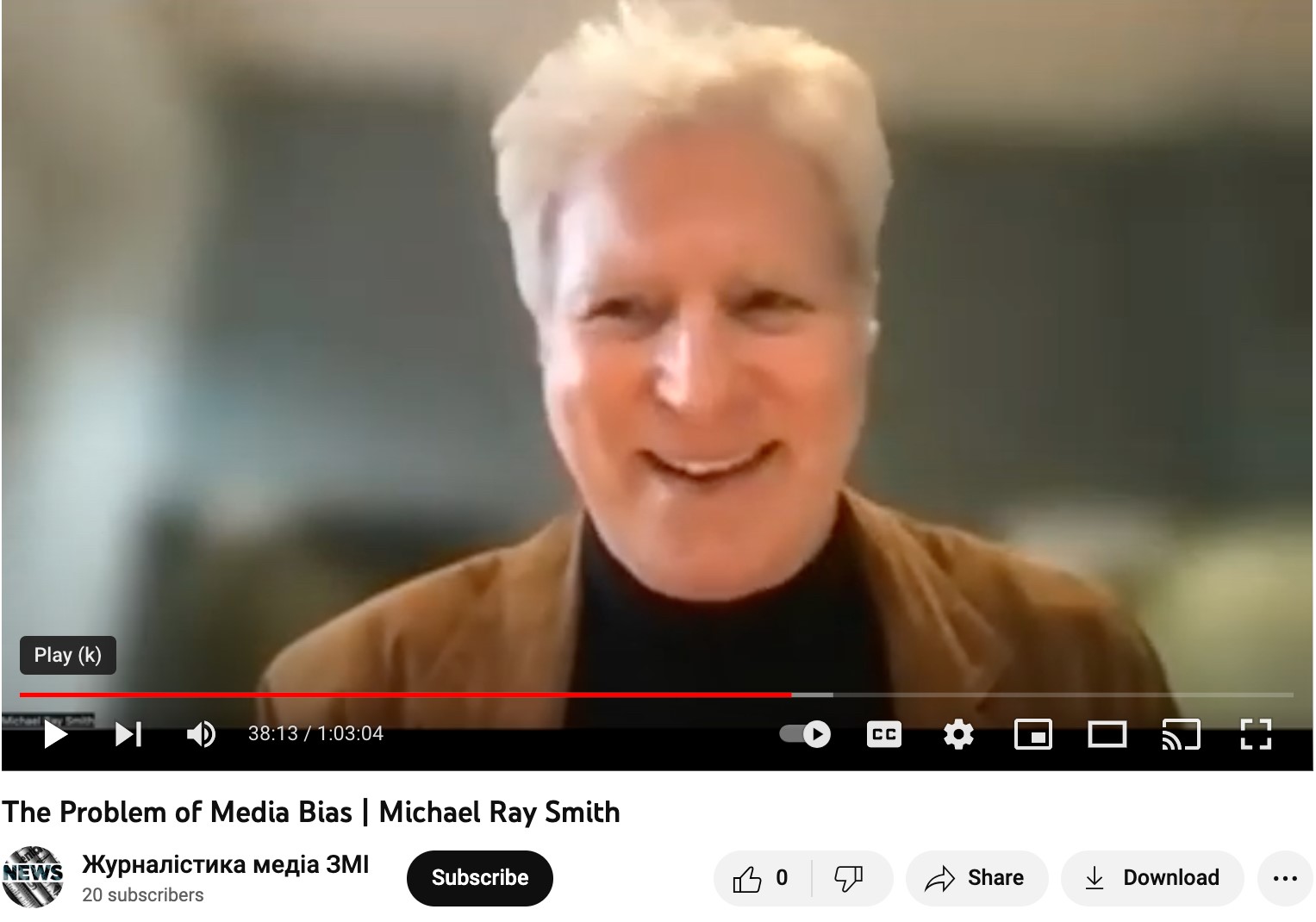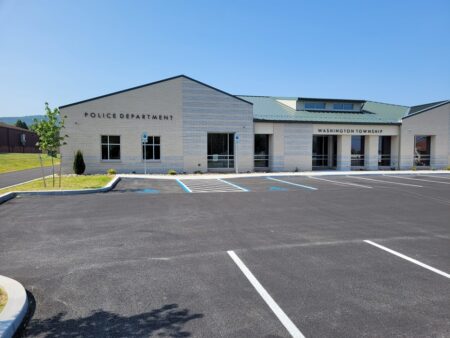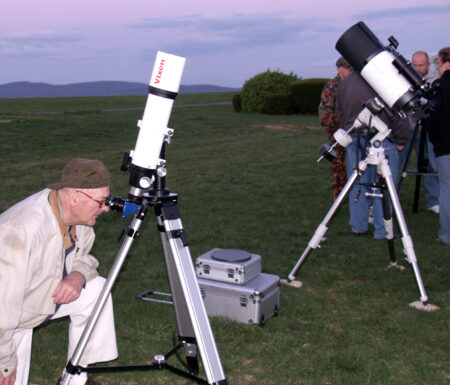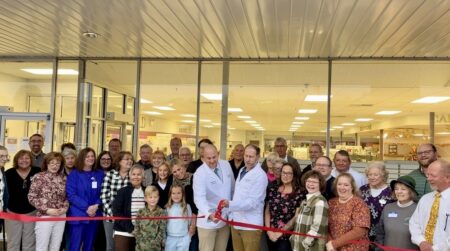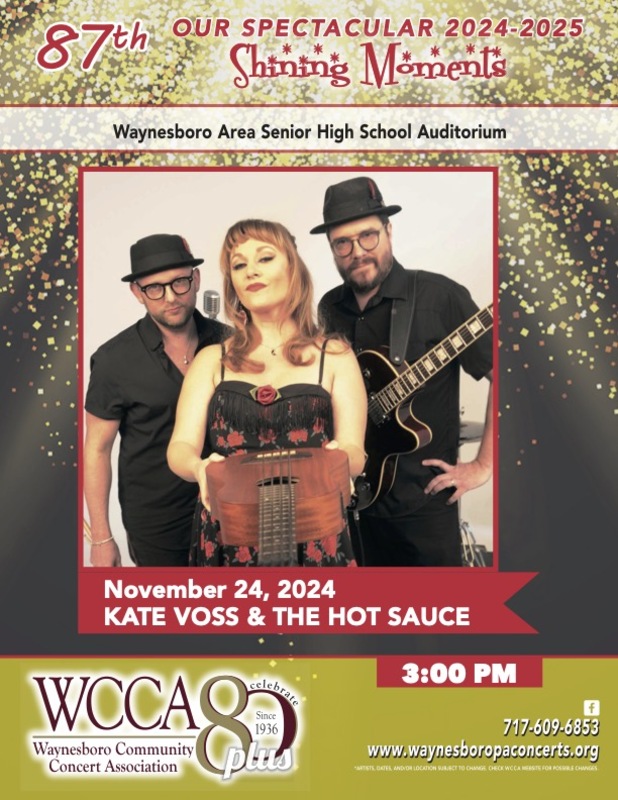Mykola tended to sit in the back row for the required ethics class but he wasn’t shy about weighing in on issues, so it was no surprise that when a full-scale invasion of Ukraine began Feb. 24, 2022, he enlisted to fight for his country. He suspended his studies and joined nearly 800,000 others in the Ukrainian military.
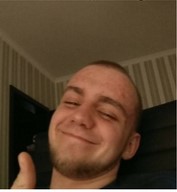
Here’s the young man I knew from class.
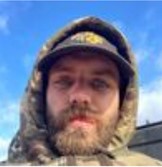
Here’s a more recent shot.
Recently I sent Mykola birthday greetings, his second birthday while at war, and he responded in his usual all-is-well style.
“Hello, sir, I’m still alive, still doing my thing.”
Mykola, now 22, went on to ask about his school–LCC International University, Klaipeda, Lithuania–where 750 students from 60 countries study the liberal arts in a faith-based, North American style of instruction.
“I’m grateful for you not forgetting about me and people of Ukraine,” Mykola said.
Our LCC students from Ukraine, nearly a quarter of the study body, represent a spectrum. Some have families, while displaced, have not joined the more than 8 million who fled to other countries including Lithuania. Apartments in Ukraine are bombed but residents make do living in the halls, if need be. Daily LCC students report on how their families back home manage during these uncertain days.
Teaching during a war that impacts so many students at LCC can be tricky. One of my students insisted through tears that any discussion of Russia–even as part of the content that is part of an International News class–should be banned. Some students don’t object to the discussions of propaganda and questionable new sources but do complain of insomnia or relentless fidgetiness. Others carry on with as much scholarly commitment experienced by undergraduates in North American beyond. And students manage to go out to eat, laugh over coffee and rise above the grim reports that circulate. Russian students also are part of the student body and usually side with Ukrainians regarding the war.
Professors who teach at LCC are from around the globe but Americans and Canadians tend to be the most represented. They, too, are on a spectrum. Most are mindful of some of the pacifist tendencies of this academic community or the undercurrent that the United States appears to have no limit on the amount of military and humanitarian aid it will continue to send to Ukraine. The USA government has sent more than 75 billion dollars in various aid to Ukraine since the war began, according to the Council for Foreign Relations.
Students-turn-soldiers make the LCC community recall all the voluntary enlistments from the wars of the last century, particularly WWI, which seems eerily similar to ways these armies pound each other with questionable gains. For Mykola, no day is alike; each can be filled with hours thick with minutes. For him and his brothers in arms, war can be a roaring storm and show no sign of letting up. The result: Bravery is never second-hand for men such as Mykola.
As a Christian-based university, the leadership, the rank-and-file and others pray for the end of hostilities. We pray that the soldiers on both sides will slip the coils of despair. We know that smiles come easily when life is good but bloody hands can’t be kept at arm’s length and often are trapped inside the door of bad memories.
Some LCC students I meet say they aren’t religious but they will let me and others pray. Often they don’t bow their heads or close their eyes but most sense that divine intercession is needed more than ever for this conflict to end.
Mykola began the war in the infantry and now serves in an Anti-Tank Battalion. He has no official driver’s license in Ukraine but his friends and others have given him four cars—something to look forward to using when he returns home.
As for this report, Mykloa’s Facebook page notes that he remains an LCC student with the velvety hope of finishing that ethics class and graduating. In his most recent message to me, he wrote, “Thank you for reminding people around the globe about
what’s going on in Ukraine.” As for his remarks in this piece, he said with his usual glibness, “You can use it, of course.”
Michael Ray Smith, Waynesboro, teaches communication and journalism at LCC International University. He is the author of 10 books including “7 Days to a Byline that Pays,” one on the best-seller Kindle books.



